The Bhagavad Gita explains love as devotion, equality, and surrender to God. Learn the hidden wisdom about love in...
Why the Bhagavad Gita Feels Like a Personal Conversation with Krishna
Why the Bhagavad Gita Feels Like a Personal Conversation with Krishna
Introduction: The Timeless Dialogue
The Bhagavad Gita, often called the Song of God, is one of the most celebrated spiritual texts in the world. It is presented as a dialogue between Lord Krishna and Arjuna on the battlefield of Kurukshetra. While it was spoken over 5,000 years ago, readers across generations feel that the words are directed personally toward them. The verses do not read like abstract philosophy; instead, they feel like an intimate conversation with Krishna Himself.
In this article, we will explore why the Bhagavad Gita feels like a personal conversation with Krishna, how its timeless wisdom directly addresses human struggles, and why it continues to guide people in modern times.
1. The Human Struggle at the Heart of the Gita
Before Krishna speaks, the Gita introduces us to Arjuna’s deep confusion. Arjuna, a mighty warrior, suddenly finds himself paralyzed by fear, grief, and moral conflict. He doesn’t know whether to fight or withdraw.
This scenario is deeply relatable. While we may not stand on a battlefield with weapons, we face our own Kurukshetras every day—tough decisions, inner doubts, conflicts between duty and desire. Krishna addresses Arjuna’s dilemma in such a universal way that anyone reading the Gita feels, “This is my problem too.”
2. Krishna Speaks Directly to the Heart
Unlike other scriptures that may appear distant or ritualistic, the Gita is strikingly personal. Krishna doesn’t lecture Arjuna with dry theory. Instead, He:
- Listens patiently to Arjuna’s fears.
- Responds with empathy, acknowledging his pain.
- Offers practical guidance, not abstract philosophy.
For example, when Krishna says, “You have the right to perform your duty, but not to the fruits of action,” (Gita 2.47), it feels like He is speaking directly to our daily struggle with expectations and outcomes.
3. The Language of Intimacy
The Gita is full of terms like “My dear Arjuna” (Kaunteya, Partha). Krishna repeatedly addresses Arjuna with affection and care. This tender tone makes readers feel the words are not meant for Arjuna alone, but for every soul seeking guidance.
This intimacy transforms the Gita from being just a religious scripture into a personal dialogue with God.
4. A Conversation Beyond Time and Place
Another reason the Gita feels like a personal conversation is because it transcends time and circumstance. Krishna’s teachings address universal themes:
- The nature of the soul.
- The purpose of life.
- The struggle with desires.
- The meaning of duty.
- The path to inner peace.
These are timeless questions that every human faces. Whether one is a student, a professional, a homemaker, or a spiritual seeker—the Gita’s message applies.
5. The Gita’s Mirror Effect – It Reads You Back
Readers often describe the Bhagavad Gita as a book that reads you. This is because:
- When you are anxious, verses about detachment bring peace.
- When you are hopeless, Krishna’s promise of protection inspires faith.
- When you feel lost, His guidance on duty brings clarity.
This ability to match the reader’s mood makes it feel like Krishna is having a real-time conversation with you, tailored to your situation.
6. Why Modern Readers Feel Krishna is Speaking to Them
Even in today’s digital age, people around the world report the same experience—that the Gita feels like a personal counselor. Why?
- Direct Language: The verses are short, clear, and impactful.
- Psychological Relevance: Krishna addresses emotions like fear, anger, and attachment—things we all face.
- Practical Application: The advice can be applied immediately in work, relationships, and personal growth.
For example, when dealing with stress at work, Krishna’s advice to stay focused on effort rather than result feels like He is whispering guidance in our ear.
7. The Role of Bhakti – Devotion Makes it Personal
The Bhagavad Gita is not just philosophy—it is a path of devotion (bhakti yoga). When Krishna says, “Surrender unto Me, and I will protect you,” (18.66), it doesn’t sound like a general instruction; it feels like a personal promise.
This element of love and surrender turns the Gita into a heart-to-heart dialogue between God and the soul.
8. Why the Gita Is More Relevant Today Than Ever
In a world full of distractions, stress, and uncertainty, the Gita provides:
- Mental clarity in the face of confusion.
- Inner strength during failures.
- Spiritual grounding amidst material chaos.
Because these struggles are universal, Krishna’s words feel timeless and deeply personal.
9. Real-Life Experiences – When Krishna Speaks
Many spiritual practitioners share how opening the Gita at random gives them the exact verse they needed at that moment. This personal synchronicity reinforces the feeling that Krishna is directly conversing with them.
10. Making the Conversation Personal in Your Life
To truly feel the Gita as a conversation with Krishna, here are some practices:
- Daily Reading: Even one verse a day creates connection.
- Reflection: Think how Krishna’s words apply to your situation.
- Prayer: Approach the Gita with devotion, not just analysis.
- Application: Put the teachings into practice—live the Gita.
Conclusion: Krishna Still Speaks
The Bhagavad Gita feels like a personal conversation with Krishna because it is exactly that—a divine dialogue meant not just for Arjuna, but for every soul. Its words speak across centuries, cultures, and circumstances, addressing the deepest struggles of human life.
When you read the Gita with an open heart, it doesn’t feel like history—it feels like Krishna Himself is sitting beside you, guiding you, and reminding you of your eternal connection with Him.

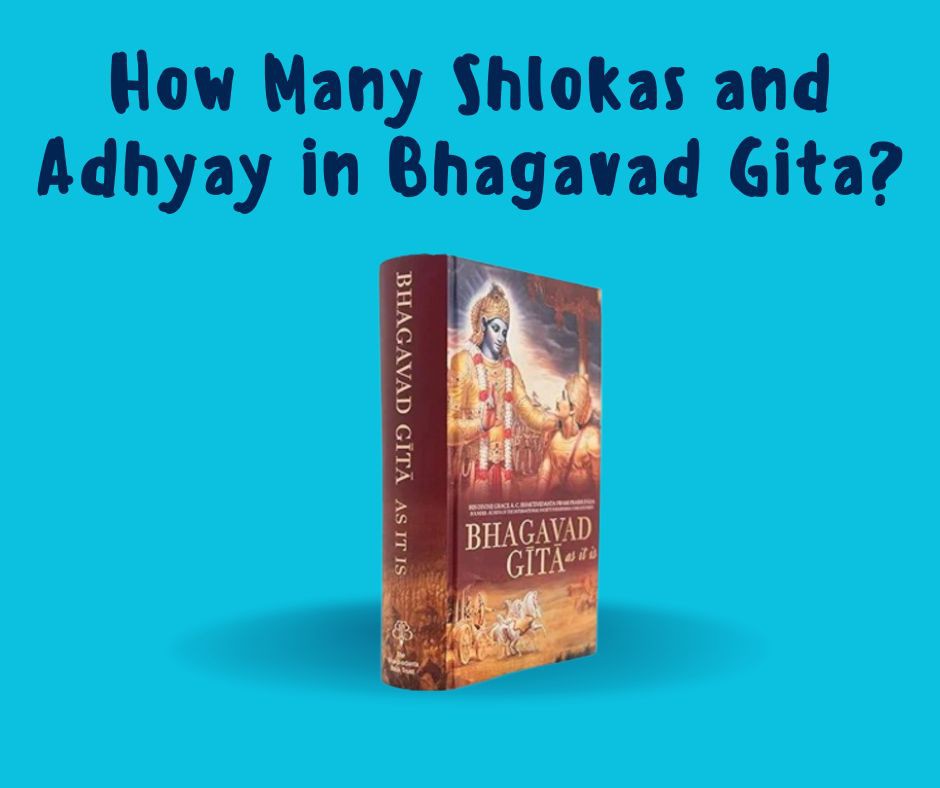
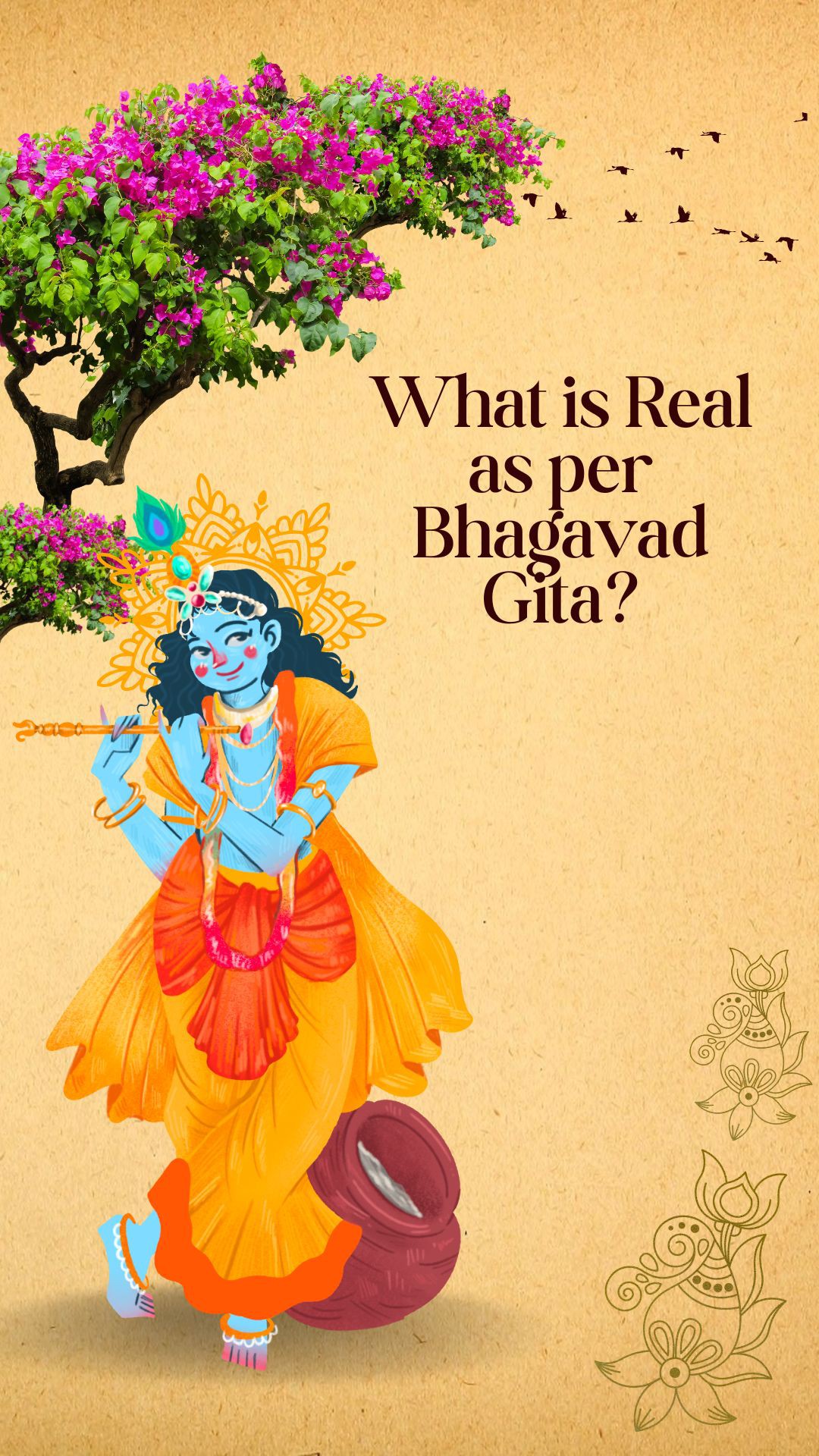
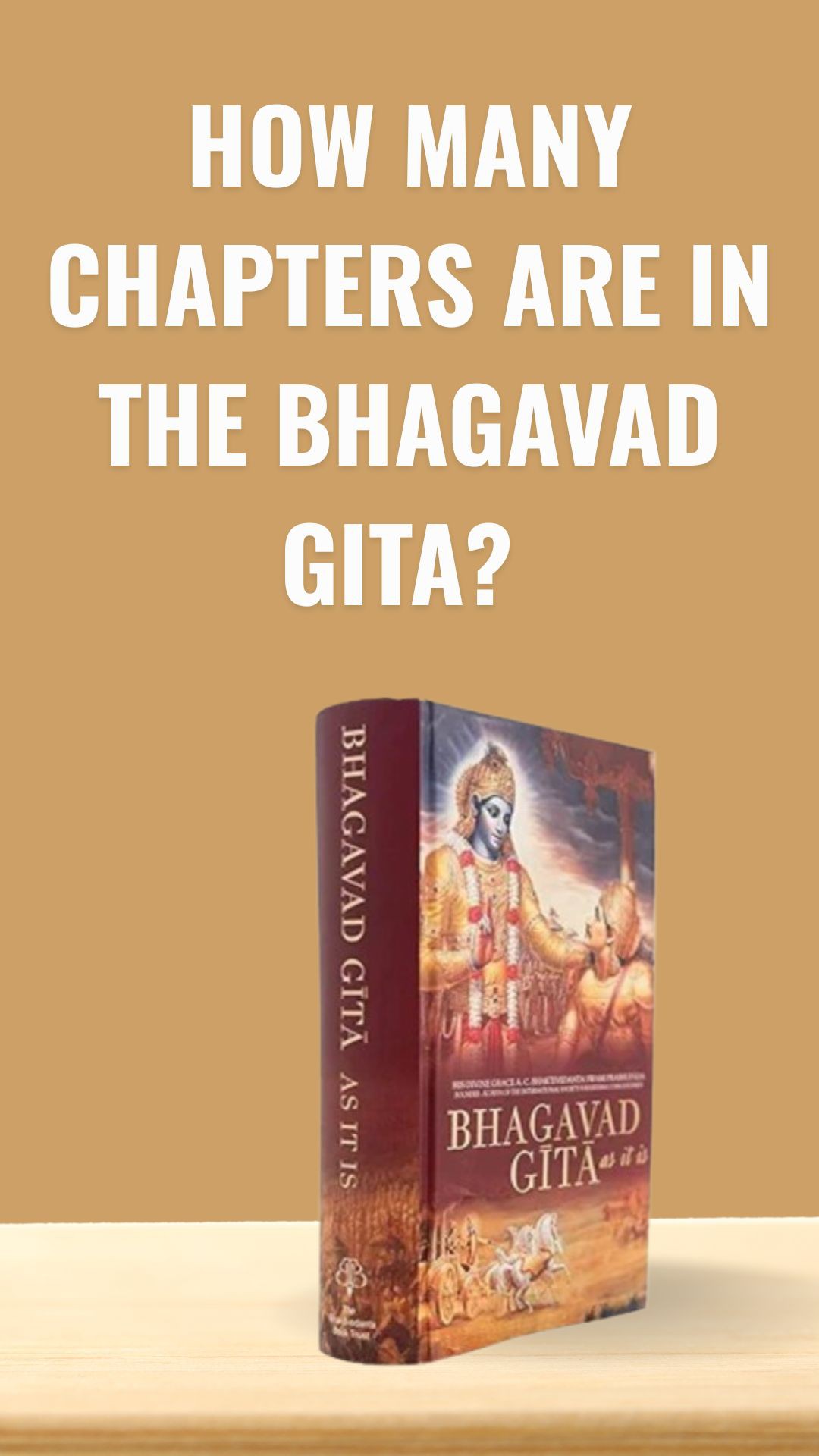
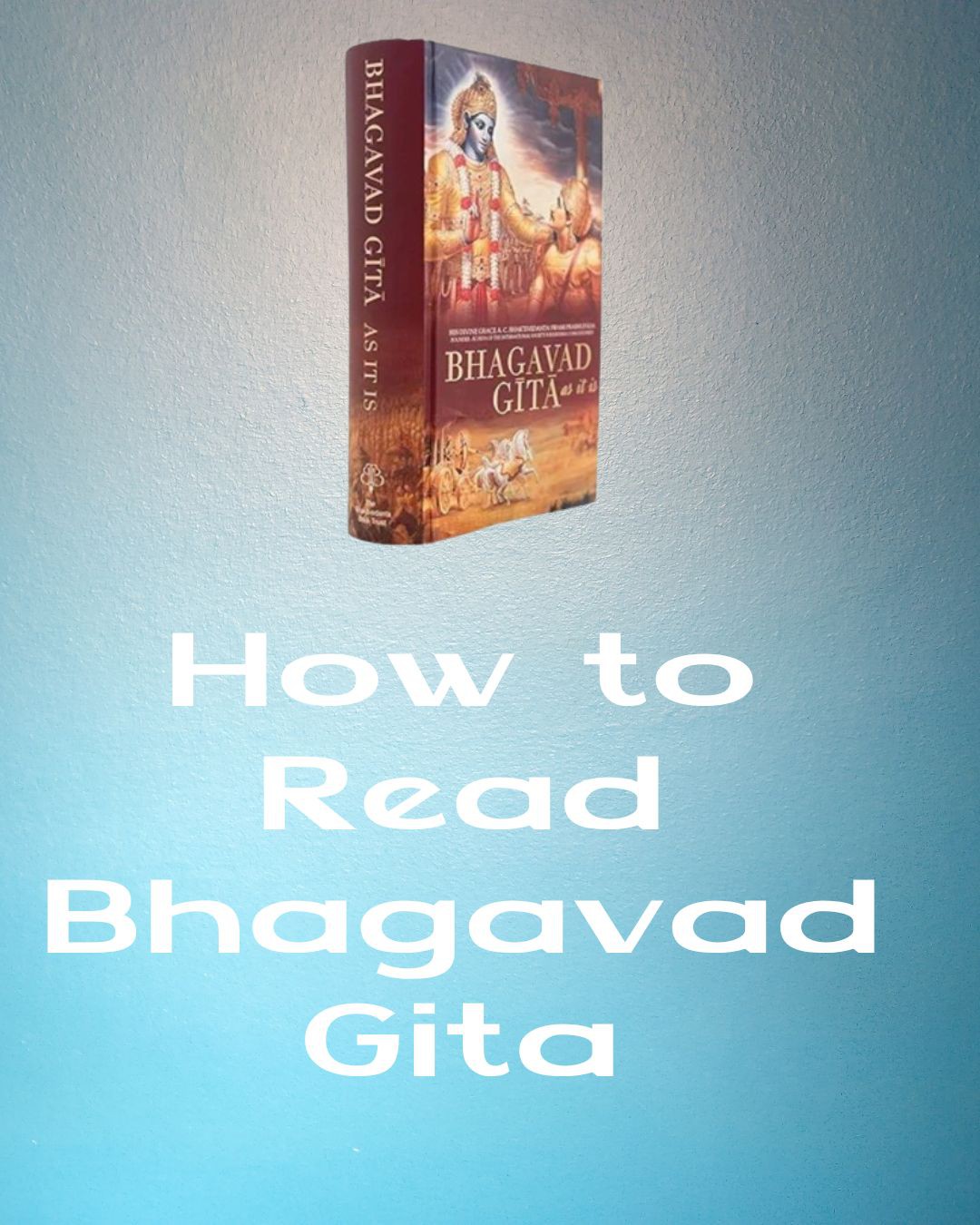
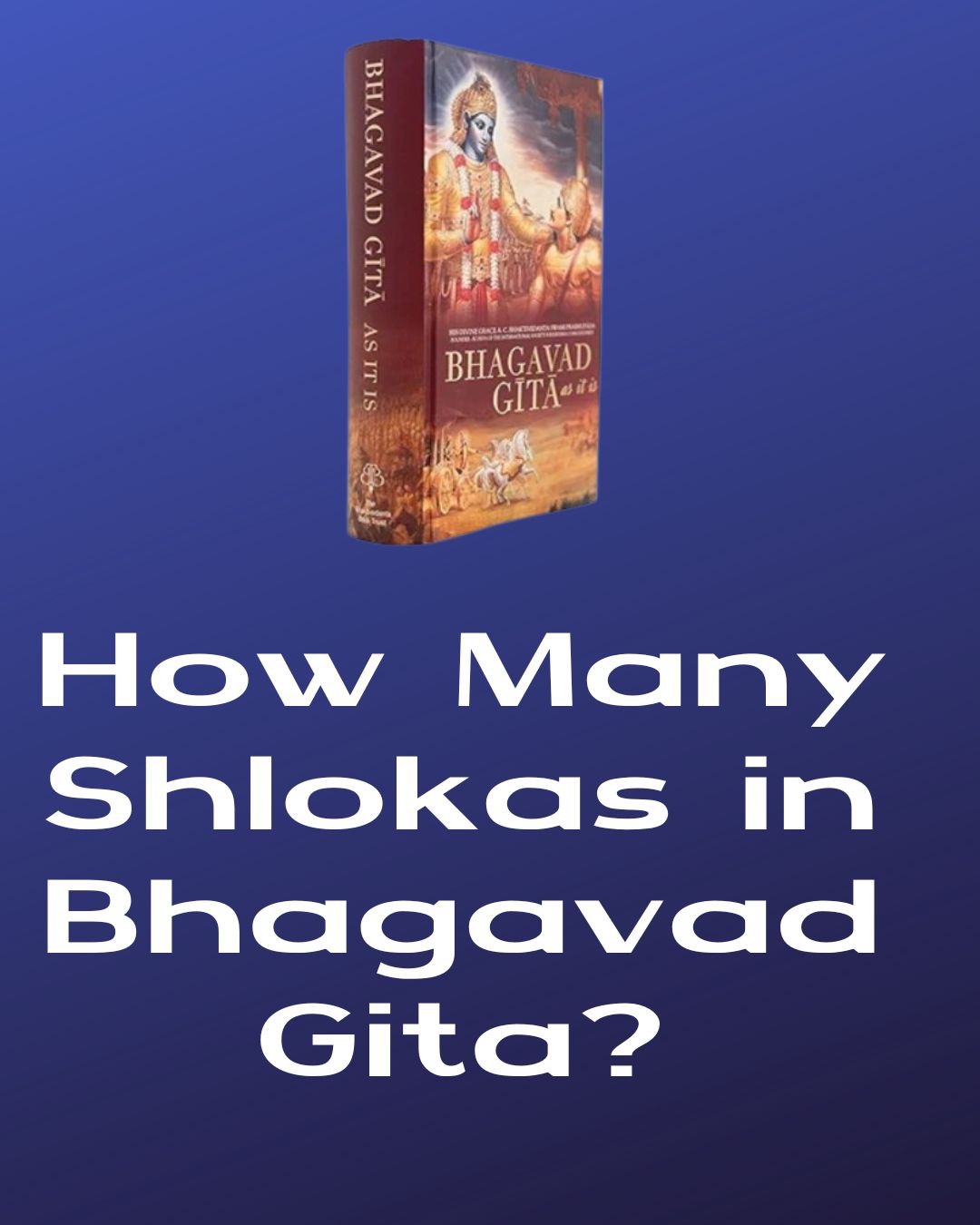




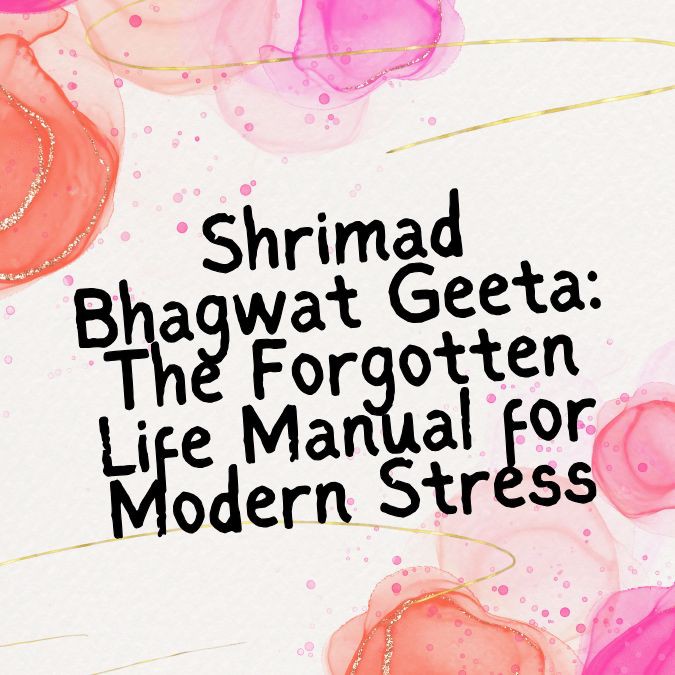
Leave a comment